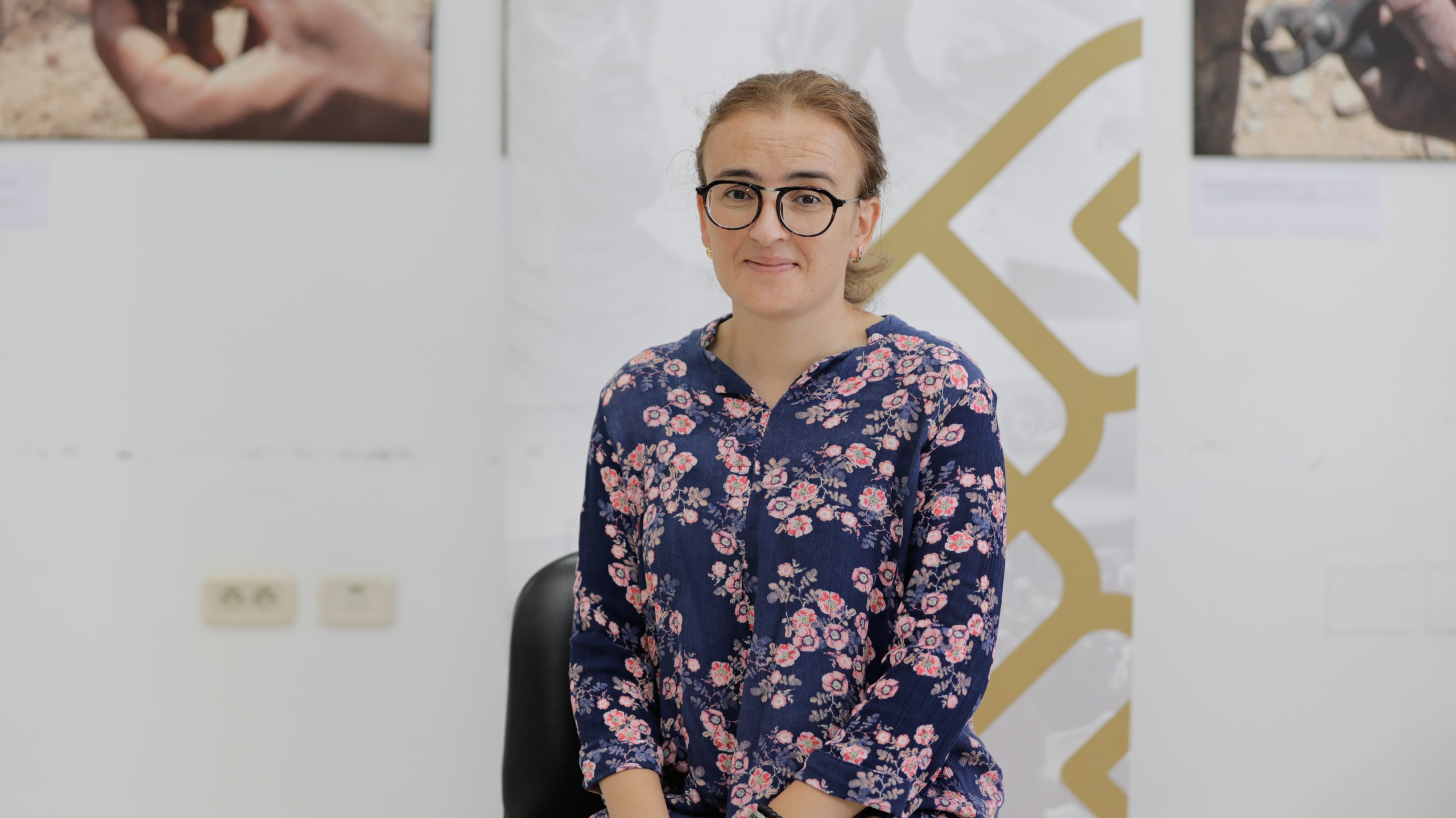2023
Project: The Politics and Poetics of the New Man’s Body Image in the Modernist Novel: A Sufi Comparative Study of D. H. Lawrence’s Women in Love, Mohamed Khaldi’s Awted, and Abdallah Laroui’s Awaraq
Dr. Cyrine Kortas
(The University of Gabes/ Tunisia)
Cyrine Kortas is an assistant professor of English literature at the university of Gabes, Tunisia. She is also a member of the Research Unit LAD at the faculty of Arts and Humanities, Sfax. Her research interests include Lawrentian studies, comparative literature, feminist and gender studies. Recently, she has developed an interest for media studies as coordinator of the MA programme English for media studies and journalism. Her current research focuses on the influence of modernist English authors such as D. H. Lawrence on the rise of the modern novel in the Maghreb region; it explores the concept of the New Man in a selection of novels published in Tunisia and Marocco, while introducing Sufism as a theory of analysis. This project is influenced by one of her publications: The Image of the New Man in Post-War Short Stories “The Man who Loved Islands” by D. H. Lawrence and “The White Rose” by Hanna Mina in 2020.

Project Aesthetics & Cultural Practice
Through a uniquely spiritual style that stems from the Maghreb region, both Mouhamed Khaldi and Abdallah Laroui write about the estranged modern Maghrebi man who is in constant search for his own identity in Awtad and Awraq, respectively, a concern shared with the English author D. H. Lawrence in his breakthrough novel Women in Love. In a comparative study interested in exploring the development of male characters within a Sufi tradition, the following project aspires to trace the role of mysticism, as a human endeavour to grasp and understand the essence of reality by shaping and reshaping the authors’ understanding of the New Man in the selected novels.
Through a painful journey of self-discovery, the male characters in the selected narratives reconnect with their bodies by throwing off the social glaze, revelling instead in what Lawrence coins as “our imperative needs”. Hence, the purpose of this study is:
To explore the diverse mystical meanings related to the experiences of pain and pleasure materialised in the male characters’ physical love stories that are enlivened by a Sufi tradition and infer the suggestions embedded in the authors’ imagery of the erotic.
To discuss and examine the role of the body as a paradigm of meaning, both political and cultural.
To reach these objectives, the project is guided by the following research questions:
- Can Sufism be considered a theory of analysis? What distinguishes Maghrebi Sufi tradition? What elements of Sufism can be traced in the selected novels in relation to the body?
- What is the New Man modern novel? What is the aesthetics of such a novel? How did the English novel influence the Maghrebi conceptualization of the New Man Fiction?
- What are the poetics and politics of the masculine body in the modern novel in general and in the Maghrebi one in particular?
